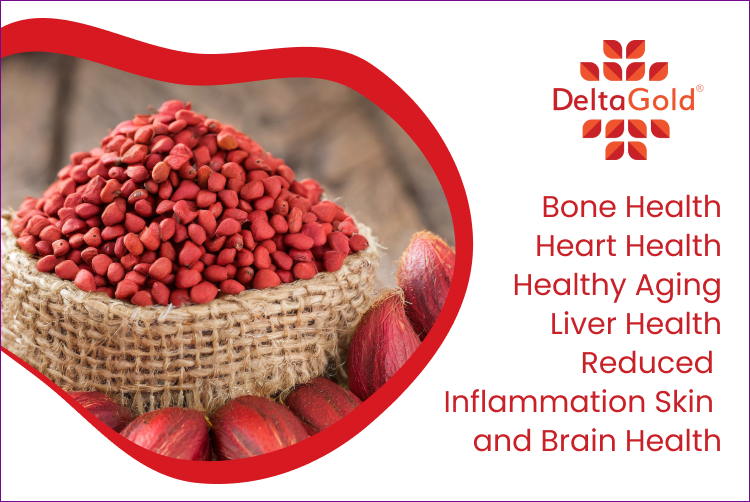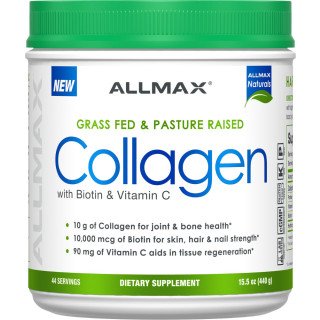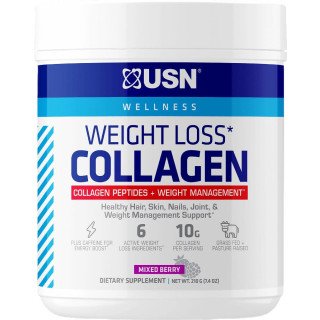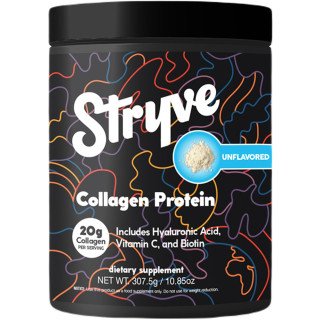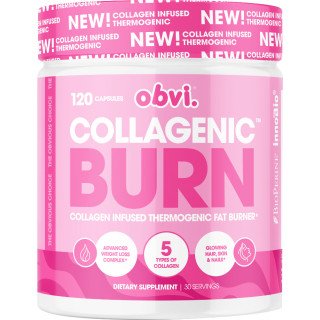The optimal Bacopin® dosage is a popular topic among individuals interested in its cognitive benefits. Discovering the optimal dosage and...
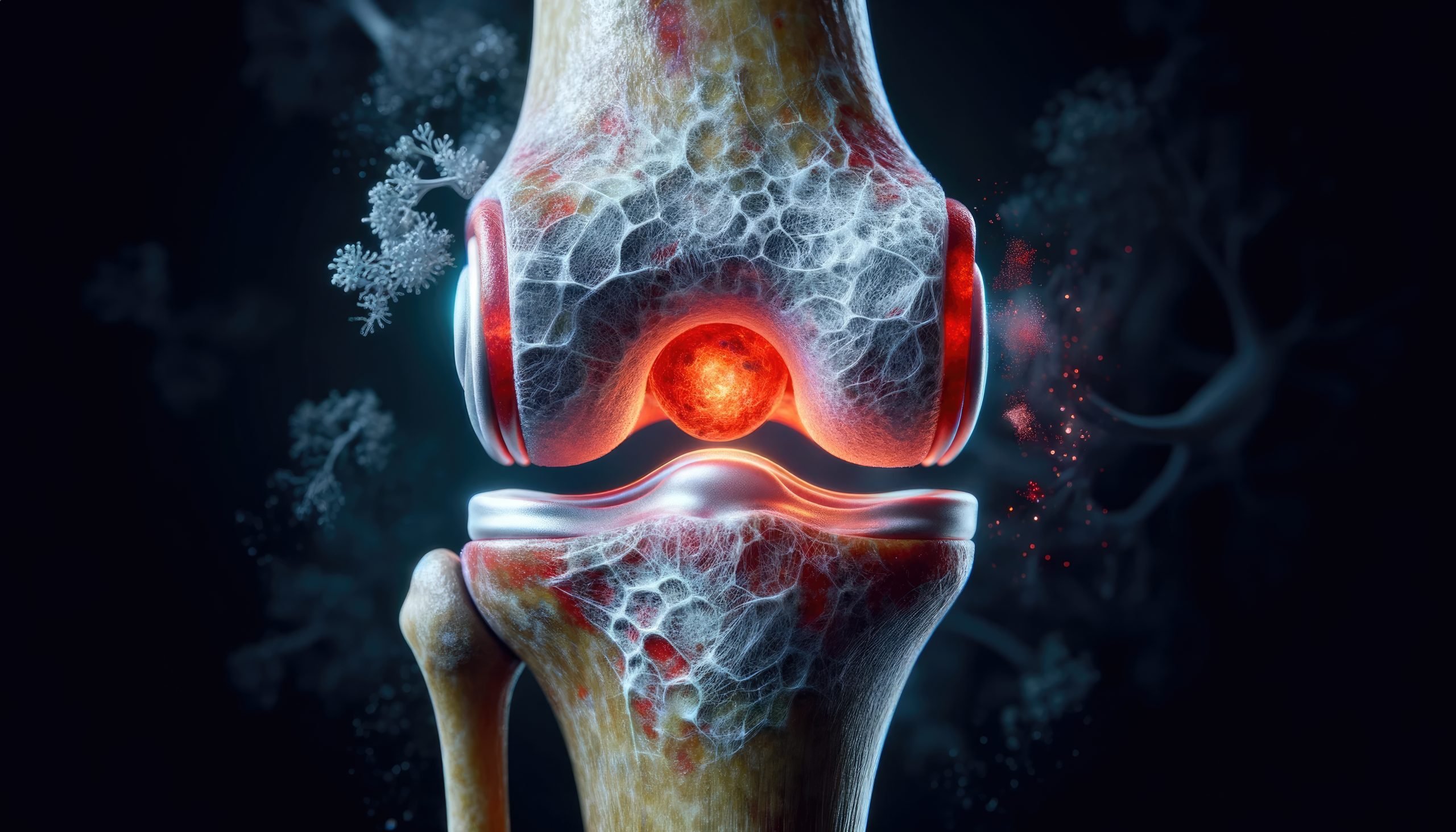
BONE HEALTH
BONE HEALTH
Bone health is the ability of your bones to support your body, protect your organs, and allow you to move freely.
Ingredients
Specialty
Ingredients
Specialty Ingredients
Goal OVERVIEW
Achieving optimal bone health is essential for everyone, regardless of age, but it becomes increasingly important as we age. In addition to providing structural support, it helps protect vital organs and allows us to move freely. As we age, it becomes increasingly important to maintain strong bones to prevent fractures.
Enhancing bone health involves adopting proactive measures. Cultivate a nourishing diet rich in calcium and vitamin D. Embrace consistent weight-bearing exercises. Mitigate medical conditions that might impact bone health. Consult your healthcare professional about incorporating calcium and vitamin D supplements if dietary intake falls short. By implementing these steps, you fortify your bone health strategy and pave the way for stronger bones and overall well-being.
Don’t forget to review how the specialty ingredients below are crafted to help support and achieve optimal bone health.
What You Should Know
Many factors contribute to bone health, including Genetics: Some people are naturally more prone to bone loss than others. Let’s consider three factors – Diet: A diet low in calcium and vitamin D can lead to bone loss. Physical activity: Weight-bearing exercise helps to build strong bones. Underlying medical conditions: Some medical conditions, such as osteoporosis, can weaken bones.
FOOD FOR THOUGHT
You can do many things to improve and maintain bone health, including: As you already know, getting enough calcium and vitamin D and eating a healthy diet is a must. You should also know, that exercising regularly, avoiding smoking, limiting alcohol intake, and managing medical conditions that can affect bone health, such as osteoporosis should be added to that list.

SHAGANDHA® BY SABINSA
Shagandha® is a standardized powdered extract from the roots of Withania somnifera, commonly known as ashwagandha. Shagandha® offers various health benefits, including reducing stress, anxiety, and insomnia while improving cognitive function, reducing inflammation, and boosting the immune system. It is available in capsules, powders, and teas and is often used in herbal mixtures. Considered to be a breakthrough Adaptogenic.
Sponsored Content
FAQ
Promoting bone health involves consuming a balanced diet rich in nutrients that support bone strength and density. Here are some essential nutrients and foods that are beneficial for bone health:
1.Calcium: Calcium is a crucial mineral for bone health. It’s essential for bone formation and maintenance. Good sources of calcium include:
- Dairy products like milk, yogurt, and cheese (choose low-fat or non-fat options if preferred).
- Leafy greens like kale, collard greens, and broccoli.
- Fortified plant-based alternatives (almond milk, soy milk) with added calcium.
- Fortified foods like cereals, orange juice, and tofu.
- Canned fish with bones, such as salmon or sardines.
2.Vitamin D: Vitamin D is essential for calcium absorption and bone health. Sources of vitamin D include:
- Fatty fish like salmon, mackerel, and tuna.
- Cod liver oil.
- Fortified dairy products and plant-based milk alternatives.
- Egg yolks.
- Spending time in sunlight stimulates natural vitamin D production.
3.Magnesium: Magnesium supports bone structure and helps with calcium absorption. Foods rich in magnesium include:
- Nuts and seeds (almonds, pumpkin seeds, sunflower seeds).
- Leafy greens like spinach and Swiss chard.
- Whole grains (brown rice, whole wheat, quinoa).
- Legumes (black beans, lentils, chickpeas).
4.Phosphorus: Phosphorus is another mineral essential for bone health. It works alongside calcium in bone formation. Foods high in phosphorus include:
- Dairy products.
- Meats (lean beef, poultry, pork).
- Seafood.
- Nuts and seeds.
5.Vitamin K: Vitamin K is involved in bone mineralization and can help improve bone density. Good sources of vitamin K include:
- Leafy greens like kale, spinach, and Swiss chard.
- Broccoli.
- Brussels sprouts.
- Green beans.
6.Protein: Protein is necessary for building and repairing bones. Include lean protein sources in your diet, such as:
- Lean meats (chicken, turkey).
- Fish.
- Dairy products.
- Eggs.
- Legumes and beans.
7.Vitamin C: Vitamin C is essential for collagen production and strengthens bone. Foods high in vitamin C include:
- Citrus fruits (oranges, grapefruits).
- Berries (strawberries, blueberries).
- Bell peppers.
- Broccoli.
8.Omega-3 Fatty Acids: Omega-3 fatty acids are anti-inflammatory and can support bone health. Sources include:
- Fatty fish like salmon, mackerel, and sardines.
- Flaxseeds and chia seeds.
9. B Vitamins: B vitamins, such as B6, B12, and folate, play a role in bone health. They can be found in a variety of foods, including:
- Meat.
- Fish.
- Fortified cereals.
- Leafy greens.
- Legumes.
10.Fruits and Vegetables: A diet rich in various fruits and vegetables provides essential nutrients for overall health, including bone health.
Remember that a balanced diet that includes a variety of nutrient-rich foods is key to promoting bone health. If you have specific concerns or conditions related to bone health, it’s a good idea to consult a healthcare professional or registered dietitian for personalized guidance.
Osteoporosis is characterized by weakened bones that are more prone to fractures and breaks. It often progresses silently without causing noticeable symptoms until a fracture occurs. However, there are some signs and symptoms that might indicate the presence of osteoporosis or an increased risk of fractures:
- Loss of Height: Osteoporosis can cause compression fractures in the spine, leading to a gradual loss of height over time.
- Back Pain: Compression fractures in the spine can cause chronic back pain, which might be mild or severe.
- Fractures: Osteoporotic bones are more fragile, increasing the risk of fractures, especially in the spine, hip, wrist, and ribs.
- Curvature of the Spine (Kyphosis): As vertebrae in the spine become weaker and collapse, it can lead to a hunched or stooped posture known as kyphosis.
- Reduced Grip Strength: Weaker bones can affect the strength of muscles, including those involved in gripping objects.
- Easy Fractures: Fractures with minimal trauma or seemingly insignificant impact might indicate reduced bone strength.
- Loss of Tooth Height: Osteoporosis can lead to loss of bone in the jaw, which might result in decreased tooth height or early tooth loss.
- Brittle Nails: Brittle and weak nails might indicate compromised bone health.
- Receding Gums: Osteoporosis-related bone loss in the jaw can lead to receding gums and tooth mobility.
It’s important to note that these symptoms are not exclusive to osteoporosis and can also be caused by other factors. If you experience any of these symptoms or have concerns about your bone health, it’s recommended to consult a healthcare professional, such as a doctor or bone health specialist. A bone density test (DEXA scan) is commonly used to diagnose osteoporosis and assess the risk of fractures. Early detection and appropriate management can help prevent further bone loss and fractures.
Neglecting bone health can lead to various negative consequences and increase the risk of developing conditions like osteoporosis. Here are some risks associated with not taking care of your bone health:
- Osteoporosis: Failure to prioritize bone health can lead to osteoporosis, a condition characterized by weakened and brittle bones. Osteoporosis increases the risk of fractures, especially in the spine, hip, wrist, and ribs.
- Fractures and Injuries: Weakened bones are more susceptible to fractures, even from minor falls or impacts. Fractures can cause pain, reduce mobility, and significantly affect quality of life, especially in older adults.
- Loss of Height and Posture Changes: Osteoporosis-related compression fractures in the spine can result in a loss of height and changes in posture, leading to a hunched or stooped appearance.
- Chronic Pain: Fractures and spinal changes associated with osteoporosis can cause chronic pain, affecting daily activities and overall well-being.
- Decreased Mobility and Independence: Fractures and bone-related issues can limit mobility, making it difficult to perform everyday tasks and maintain independence.
- Decreased Quality of Life: Chronic pain, fractures, and limitations in mobility can negatively impact your quality of life, emotional well-being, and mental health.
- Increased Healthcare Costs: Treating fractures, managing pain, and addressing complications related to poor bone health can increase healthcare expenses.
- Surgical Interventions: Severe fractures may require surgical interventions, which can come with their risks and recovery periods.
- Loss of Functionality: Reduced bone density and fractures can lead to reduced muscle strength and functionality, affecting your ability to stay active and engaged in physical activities.
- Risk of Secondary Health Issues: Poor bone health is linked to an increased risk of secondary health issues, including cardiovascular problems and mobility-related disorders.
- Recovery Challenges: Fractures in older adults can lead to longer recovery times and increased vulnerability to infections and complications.
- Impact on Overall Health: Bone health is interconnected with overall health. Chronic conditions, medication use, and lifestyle factors can influence bone health.
- Loss of Confidence and Well-Being: The physical and emotional toll of fractures and poor bone health can decrease confidence and overall well-being.
Adopting healthy lifestyle habits early on is essential to prevent bone health issues and maintain strong bones throughout your life. This includes a balanced diet rich in bone-supporting nutrients, regular weight-bearing exercise, adequate vitamin D intake, and avoiding behaviors that can negatively affect bone health, such as smoking and excessive alcohol consumption. If you have concerns about your bone health or osteoporosis risk, consult a healthcare professional for guidance and appropriate interventions.
Related Videos
Articles
In the world of dietary supplements, one name that has been making waves, especially in men's health, is Testofen® by Gencor...
TeaCrine® and caffeine are both compounds that are believed to have energizing and stimulating effects on the body. However, differences...


